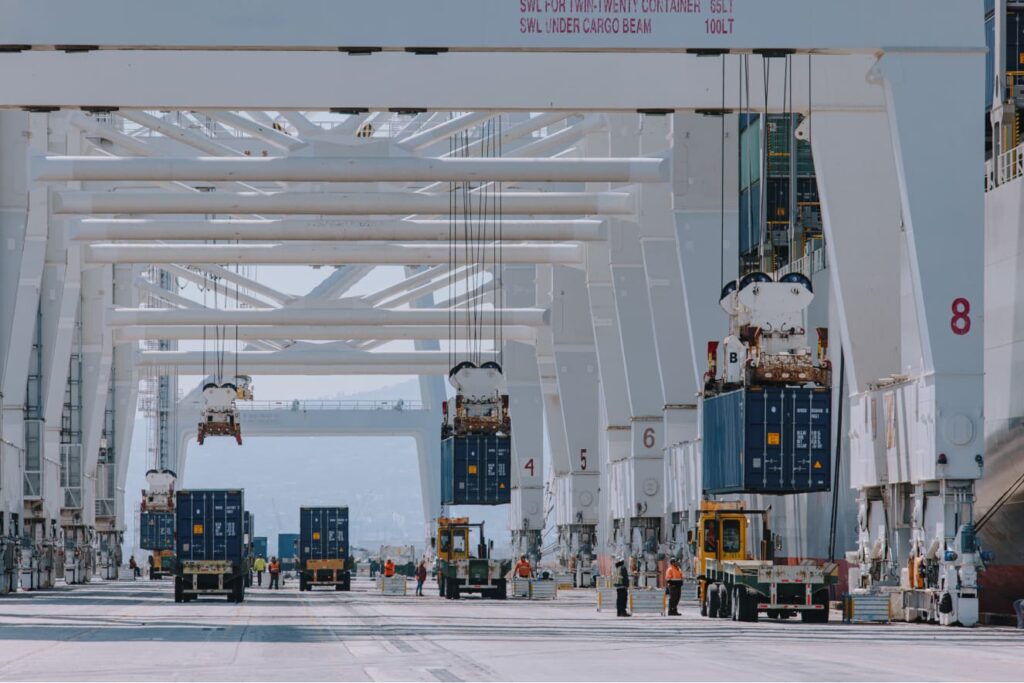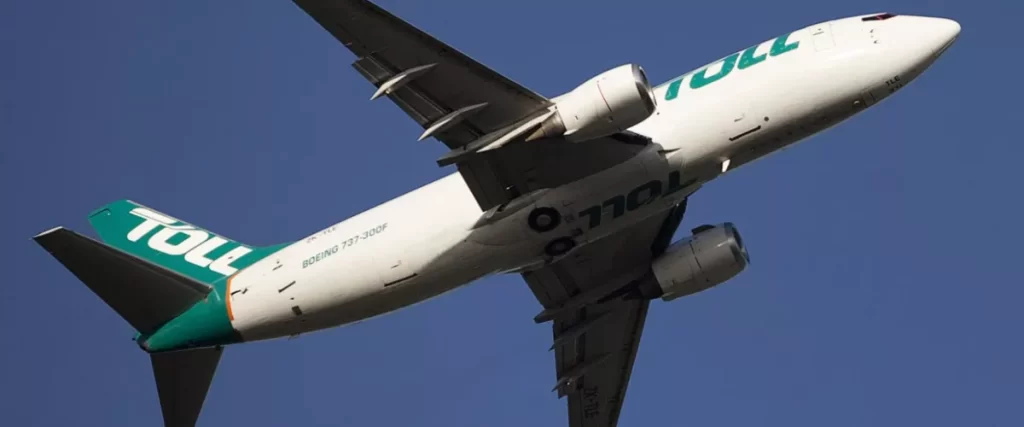Shipping China to Mexico is vital for businesses engaged in international trade. With growing demand, importers often face challenges like fluctuating freight costs, complex customs regulations, and long transit times. However, with the right strategies and knowledge, you can minimize costs, reduce risks, and streamline your supply chain.
What Are the Main Shipping Methods from China to Mexico?
Choosing the right method depends on your cargo size, urgency, and budget.
Sea Freight
Sea freight is the most cost-effective for large shipments. Options include FCL (Full Container Load) and LCL (Less than Container Load).
Air Freight
Air freight is faster but more expensive. It’s suited for small, high-value, or time-sensitive goods.
Express Courier
Companies like DHL, FedEx, and UPS offer express door-to-door service. While costly, it ensures quick delivery of smaller packages.
How Much Does Shipping from China to Mexico Cost?
Shipping costs vary by method, cargo type, and volume. Below is an overview:
| Shipping Method | Estimated Cost | Transit Time | Best For |
|---|---|---|---|
| Sea Freight (20ft) | $3,000 – $4,200 per container | 25–35 days | Bulk goods, large shipments |
| Sea Freight (40ft) | $5,000 – $6,800 per container | 25–35 days | High volumes, wholesale cargo |
| Air Freight | $5 – $9 per kg | 5–8 days | Urgent or high-value shipments |
| Express Courier | $8 – $15 per kg | 3–6 days | Small packages, urgent deliveries |
What Factors Influence Shipping Costs?
Several elements affect shipping China to Mexico:
- Weight and Volume: Larger shipments cost more, though unit costs may be lower for sea freight.
- Shipping Route: Direct routes are faster but may cost more.
- Customs Duties and Taxes: Duties, VAT, and service fees increase final expenses.
- Peak Season Demand: During Chinese New Year and Christmas, prices rise due to limited capacity.
- Fuel Surcharges: Fluctuations in fuel prices impact both sea and air freight rates.
How Long Does Shipping Take from China to Mexico?
Transit times depend on the method and origin/destination pair.
| Origin Port (China) | Destination Port (Mexico) | Sea Transit Time | Air Transit Time |
|---|---|---|---|
| Shanghai | Manzanillo | 28 – 32 days | 6 – 7 days |
| Shenzhen | Veracruz | 25 – 30 days | 5 – 6 days |
| Ningbo | Lazaro Cardenas | 27 – 33 days | 6 – 8 days |
What Documents Are Needed for Customs Clearance?
Shipping requires accurate documentation to avoid delays.
| Document | Purpose |
|---|---|
| Commercial Invoice | Declares goods’ value for customs |
| Packing List | Details items, weights, and dimensions |
| Bill of Lading / Air Waybill | Contract between shipper and carrier |
| Certificate of Origin | Confirms product origin for duties and tariffs |
| Import Declaration | Required for customs clearance in Mexico |
Sea vs Air vs Courier: Which Is Better?
| Method | Pros | Cons |
|---|---|---|
| Sea Freight | Cheapest for bulk, high container capacity | Long transit times, port congestion |
| Air Freight | Fast, secure, reliable for urgent cargo | Expensive, limited cargo space |
| Courier | Door-to-door, fast, easy tracking | Very costly for large shipments |

How to Reduce Shipping Costs from China to Mexico?
- Book Early: Early reservations secure lower rates.
- Consolidate Cargo: Combine smaller shipments to reduce per-unit cost.
- Use Freight Forwarders: They negotiate better rates and manage documentation.
- Select Off-Peak Shipping: Avoid Chinese New Year and peak retail seasons.
- Optimize Packaging: Minimize dimensional weight to save on air and courier charges.
Real Case Studies of Shipping from China to Mexico
Case 1: Shanghai → Manzanillo (Sea Freight)
- Goods: Furniture (40ft container)
- Cost: $6,200
- Transit Time: 29 days
- Outcome: Bulk shipment saved 35% compared to air freight.
Case 2: Shenzhen → Mexico City (Air Freight)
- Goods: Electronics (200 kg)
- Cost: $1,500
- Transit Time: 6 days
- Outcome: Shipment arrived before product launch, avoiding penalties.
Should You Work with a Freight Forwarder?
Freight forwarders simplify shipping China to Mexico by:
- Managing customs clearance and documentation.
- Providing consolidation services.
- Offering real-time tracking and logistics updates.
- Negotiating lower freight rates with carriers.
Is Rail Freight a Possible Alternative?
Currently, direct rail freight is not a mainstream option between China and Mexico. Most shipments use sea and air. However, multimodal solutions (rail + sea or rail + air) may reduce costs in the future.
Conclusion
To summarize, shipping China to Mexico involves balancing cost, speed, and efficiency. Sea freight is most cost-effective for bulk, while air freight ensures faster transit. Courier services remain practical for small, urgent parcels. With proper planning, freight forwarder support, and documentation, businesses can streamline operations, minimize delays, and save costs on China–Mexico logistics.
- Consult TJ China Freight Forwarding for the lowest quote. They will provide you with reliable, cost-effective service.
FAQs
Q1.What is the cheapest way for shipping China to Mexico?
Sea freight is the cheapest option, especially for large container loads, offering the lowest cost per unit shipped.
Q2.How long does sea freight take from China to Mexico?
Sea freight usually takes 25–35 days depending on port pairs, shipping line schedules, and customs clearance times.
Q3.What are typical air freight costs China to Mexico?
Air freight rates range from $5 to $9 per kilogram, with total price varying by cargo size, route, and urgency.
Q4.Can small businesses use courier shipping from China to Mexico?
Yes, express couriers like DHL or FedEx are ideal for small parcels, offering door-to-door service with fast delivery.
Q5.What documents are essential for customs clearance Mexico?
Key documents include the commercial invoice, packing list, bill of lading, and certificate of origin for smooth customs clearance.




